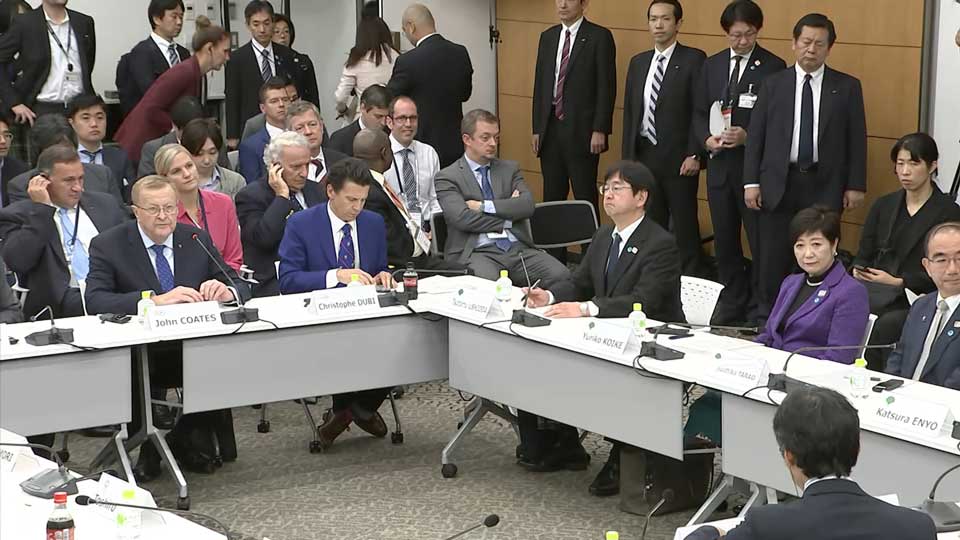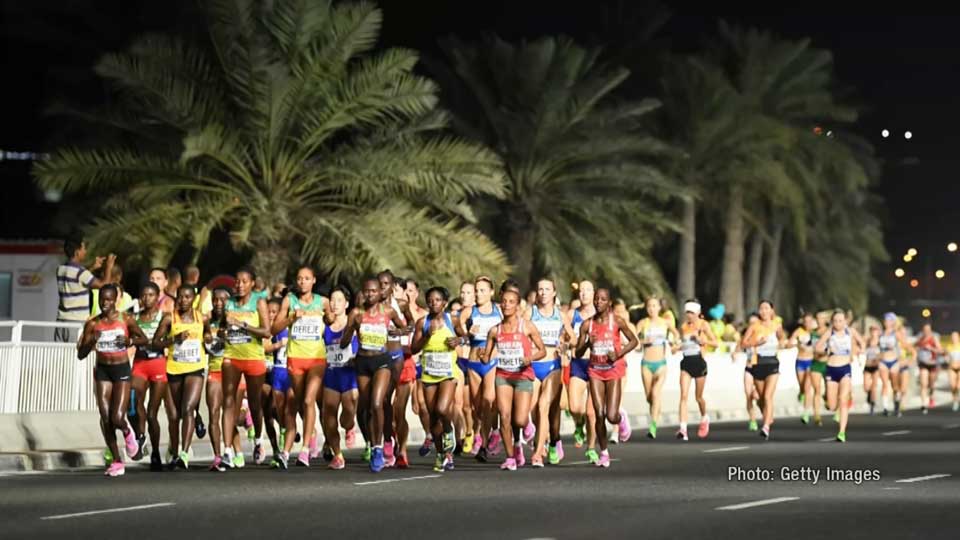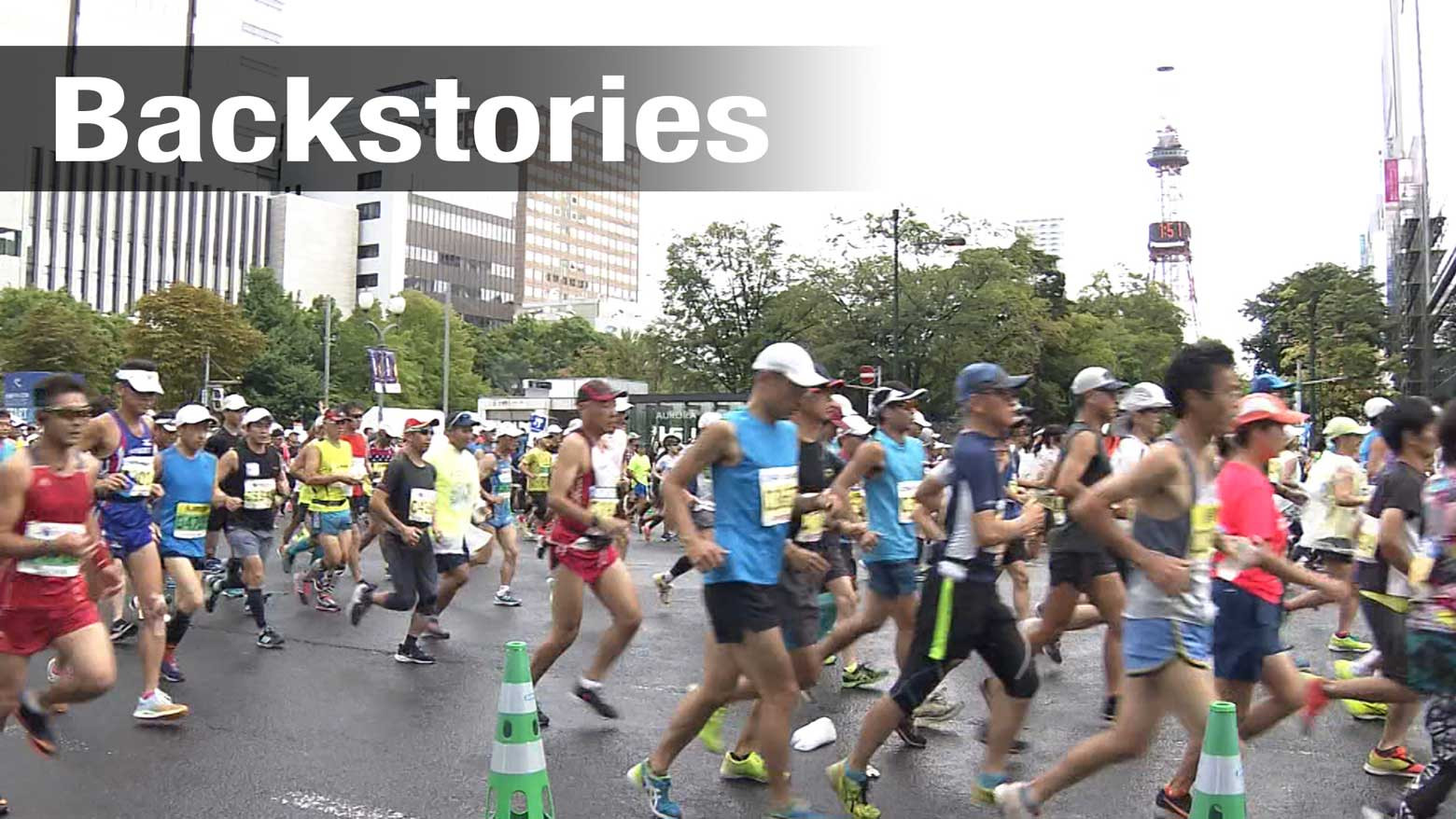
The decision was triggered partly by problems that occurred during the World Championship for track and field in Doha at the end of September. The marathon event was held at midnight to avoid the mid-day heat. But the temperature still rose to 30 degrees Celsius and humidity was high. About 40 percent of female marathon runners were unable to complete the race.
Criticism poured in from the athletes and their coaches. The IOC officials may be looking to avoid the same thing from happening in the Tokyo Games.

The heat has long been a topic of discussion in Tokyo. The Tokyo Olympics are scheduled from July 24 to August 9. The temperature during that period typically exceeds 30 degrees Celsius and sometimes even reaches 35 degrees Celsius. Tackling the heat is one of the most important issues on the agenda for the organizers.
Officials had planned to take a variety of measures. They had decided to set up water-mist stations and cover the roads with a special coating to lower temperatures. Tokyo officials were also planning to trim trees to create more shade along the course. Organizers had set the starting time for the marathon to 5:30 a.m. and race walk to 5 a.m.

They set the marathon course to wind through major landmarks such as Asakusa, Ginza, the Imperial Palace and the Tokyo Sky Tree. The event is one of the few that people can enjoy without tickets. Many people in Japan had complained that chances of winning the ticket lottery were too low.
What’s more, Japan held a domestic marathon championship in September to choose the runners for the Games. The competition was held under weather conditions similar to what is expected during the Tokyo Games to see which runners could cope with the heat.
The city of Sapporo is open to hosting the events. The IOC says the city is usually 5 to 6 degrees Celsius cooler than in Tokyo. Sapporo hosted the Winter Olympics in 1972, so it is aware of the work required to prepare.
It's not clear who will bear the costs for the relocation of the events. Officials must also discuss the marathon course. They may base it on a route used during the annual Hokkaido marathon.

One idea is to start and end the marathon at Odori Park in the center of Sapporo. But officials say it could be difficult to figure out the length of the course and the logistics before winter begins and it starts to snow.
It’s also unclear if the events will take place on the same day as they were initially scheduled. And with the events expected to draw thousands of people, security is another challenge that will need to be addressed. Accommodation will also be a major issue as the city already draws a large number of tourists during the season from all over Japan and overseas. Many volunteers will be needed to ensure the events run smoothly.
With less than 300 days until the Tokyo Games, officials face a race against time.

